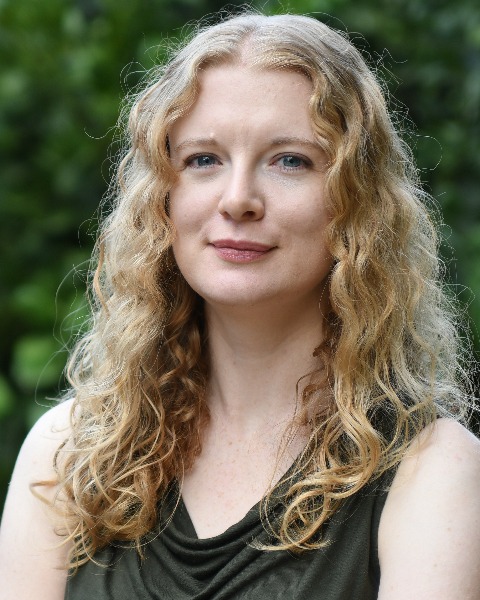Back
Plant-Insect Ecosystems
Section Symposium
Masters of Manipulation: Plant–Pathogen–Vector–Symbiont Interactions and Novel Management Techniques
Thinking outside the crop: Elucidating the role of native, perennial nightshades in shaping transmission of Candidatus Liberibacter solanacearum by Bactericera cockerelli in California
Tuesday, November 15, 2022
2:18 PM – 2:33 PM PT
Location: Vancouver Convention Centre, Meeting Room 202
- JK
Jaimie R. Kenney
Ph.D. Candidate
University of California
Riverside, California 
Kerry Elizabeth Mauck
Assistant Professor of Vector Biology
University of California
Riverside, California
Presenting Author(s)
Co-author(s)
Psyllid-transmitted bacteria in the genus Candidatus Liberibacter pose a growing
threat to agricultural production around the globe. However, our understanding of the factors
facilitating the emergence and spread of these virulent pathogens in crop plants is still relatively
limited. This is due in large part to a scarcity of research on the natural history of both Ca.
Liberibacter and psyllid vectors in natural plant communities. Our lab has begun addressing this
critical knowledge gap by investigating the prevalence and genetic diversity of Ca. Liberibacter
solanacearum (CLso) and its vector, the potato psyllid (Bactericera cockerelli), in both historic
and contemporary native, perennial nightshade populations throughout California. To determine
how potato psyllid migration to and from these native host plants may influence the emergence
and transmission of different CLso haplotypes in crops, we’re also performing genetic
comparisons between potato psyllid populations associated with native nightshades and those
associated with potato, tomato, and pepper in the same region. The results of this work
demonstrate the importance of understanding the biology and ecology of crop pathogens and
their insect vectors beyond the borders of agriculture, in order to accurately infer the origins of
insect-transmitted crop diseases and improve their management.
threat to agricultural production around the globe. However, our understanding of the factors
facilitating the emergence and spread of these virulent pathogens in crop plants is still relatively
limited. This is due in large part to a scarcity of research on the natural history of both Ca.
Liberibacter and psyllid vectors in natural plant communities. Our lab has begun addressing this
critical knowledge gap by investigating the prevalence and genetic diversity of Ca. Liberibacter
solanacearum (CLso) and its vector, the potato psyllid (Bactericera cockerelli), in both historic
and contemporary native, perennial nightshade populations throughout California. To determine
how potato psyllid migration to and from these native host plants may influence the emergence
and transmission of different CLso haplotypes in crops, we’re also performing genetic
comparisons between potato psyllid populations associated with native nightshades and those
associated with potato, tomato, and pepper in the same region. The results of this work
demonstrate the importance of understanding the biology and ecology of crop pathogens and
their insect vectors beyond the borders of agriculture, in order to accurately infer the origins of
insect-transmitted crop diseases and improve their management.

